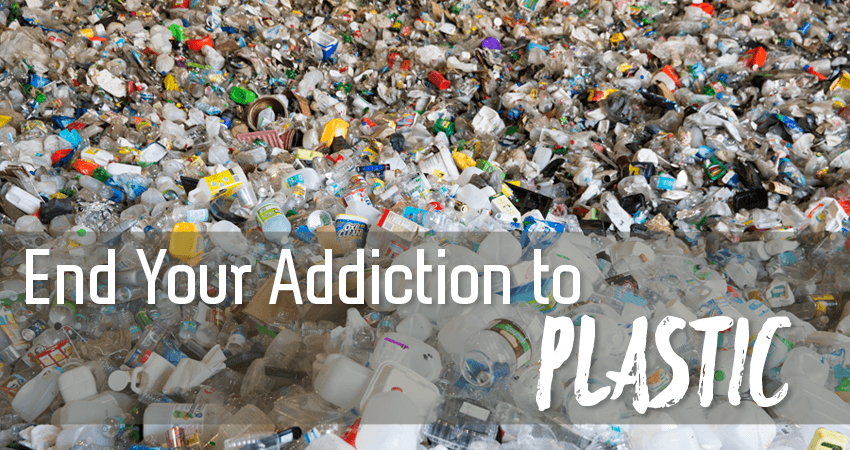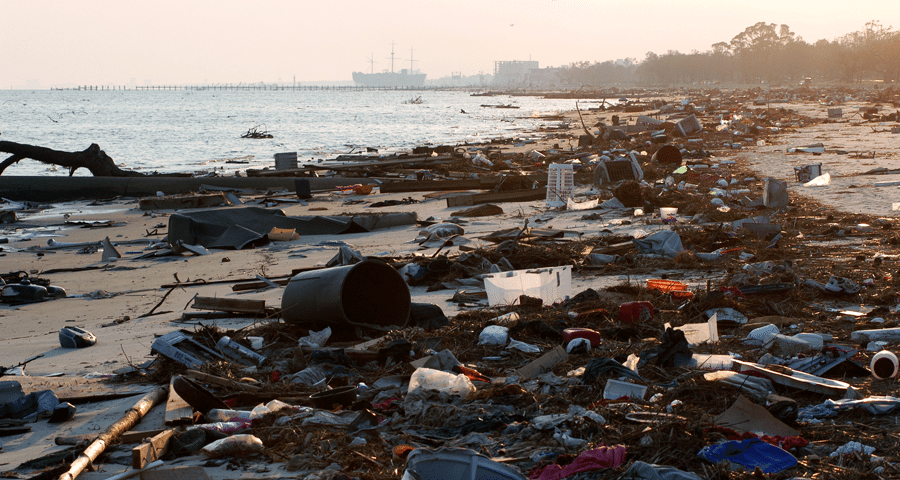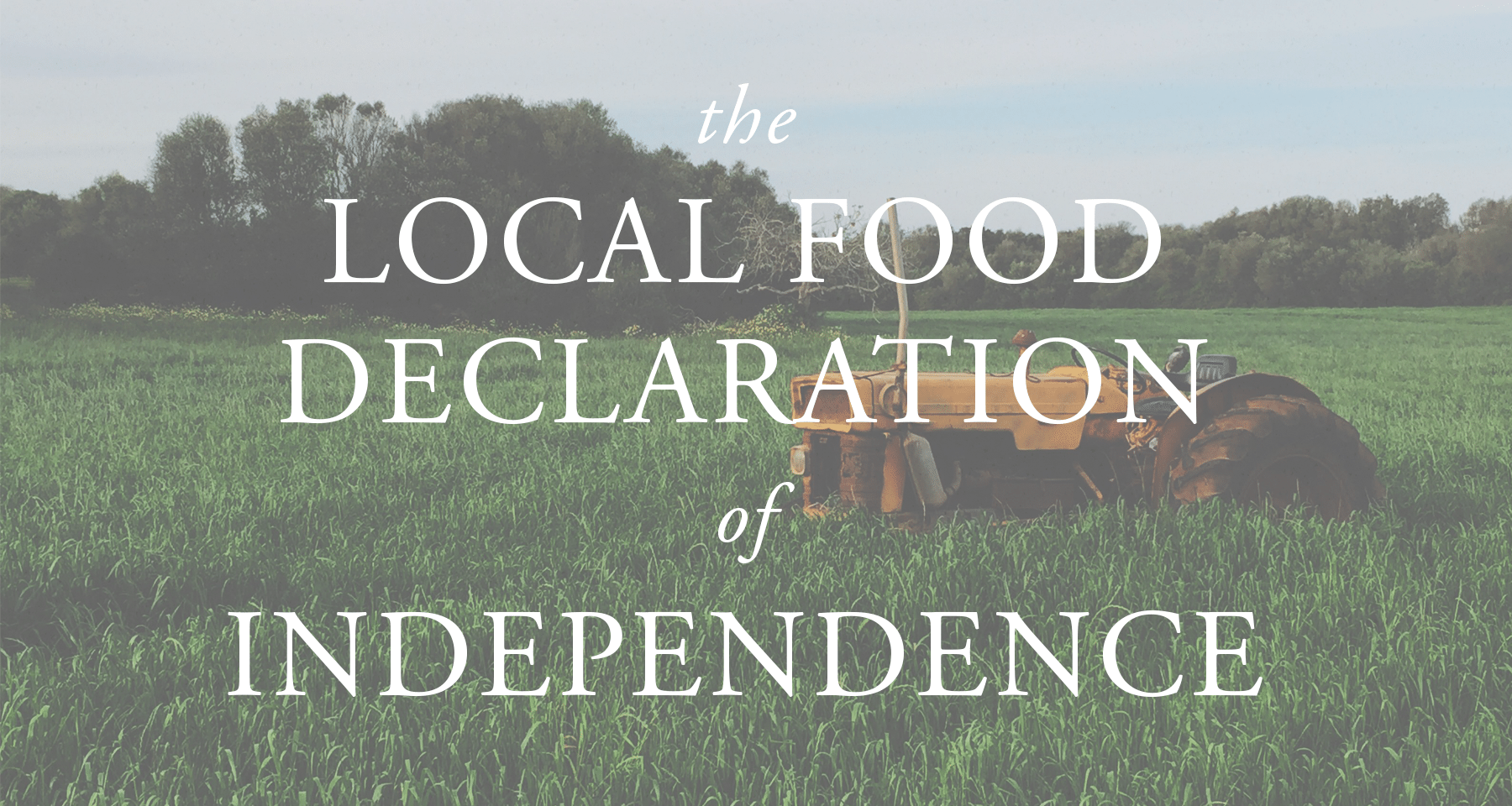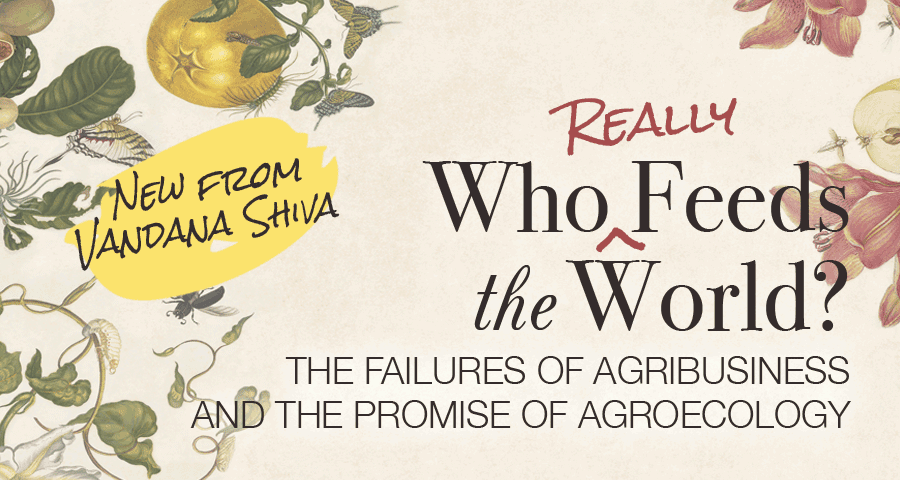
End Your Addiction to Plastic
Categories: Ecology & Sustainability
Last year, I wrote about switching to a zero-waste lifestyle and my experience working towards that goal. Since then, I’ve been trying my best to reduce my use of plastic as well—which, admittedly, I thought I could avoid by simply recycling. However, after watching Plastic Paradise and Gasland, I immediately changed my course of action. There were quite a few things I hadn’t realized about plastic production, disposal, and recycling, which I’ll outline below.
For those of you interested in taking your spring cleaning a step further to improve your health and the health of your environment, consider learning more about plastic and how to switch to biodegradable alternatives. Here’s some info to get you started.
Why should I stop using plastic?
-
- Plastics are made from petroleum and other fossil fuels. Not only are fossil fuels used in excess to produce plastic, but they’re also needed to transport it to consumers and then to landfills.
-
- Plastic will never biodegrade. It was made to last, which is helpful in some regards, but unmanageable on a planet with a finite amount of space and ecosystems that aren’t equipped for it.
-
- Plastic can only be downcycled. Unlike paper and metal, plastics degrade in quality each time they’re recycled. Simply dedicating yourself to recycling plastic is not enough.
-
- It’s estimated that less than 5% of plastic is ever recycled. Not surprisingly, this has lead to ecological atrocities such as the Great Pacific Garbage Patch.
-
- BPA, a common component of plastic, is known to disrupt hormonal balances. It can cause developmental disorders, birth defects, and other issues—and is detectable in more than 90% of Americans.
Here’s a quick look at how we’re conditioned to consume plastic products.
How do I reduce my plastic use?
Bea Johnson has a wonderfully simple strategy for eliminating plastic and other waste, which she describes in her book, Zero Waste Home. She suggests following these five steps:
-
- Refuse what you do not want or need. Disposable silverware, free pens, etc.—do we really need them? Is the single or temporary use of these items worth their continued presence on our planet?
-
- Reduce what you cannot refuse. Using a glass water bottle with a plastic lid is infinitely better for the environment than going through an endless supply of bottled water. (But also consider a metal or cork top!)
-
- Reuse what you cannot refuse or reduce. When it comes to repurposing and upcycling, there are endless possibilities and creative solutions!
-
- Recycle what you cannot refuse, reduce, or reuse. While downcycling plastic isn’t ideal, it’s definitely better than sending it straight to landfills or setting it loose in the environment!
-
- Rot (or compost) the rest. This works for most waste aside from plastic. However, even “biodegradable” plastics are not fit for city composting and should be avoided. You can read more here.
WARNING: This video begins with graphic images, but is also tragically informative.
What will I need?
This will vary person to person, but these are some of the most common essentials. For a more in-depth look at supplies, check out my previous post.
-
- Glass jars can be used to store almost anything (drinks, unpackaged food, leftovers, you name it). I keep a mason jar in my bag for water and anything else I may need it for. I also continue to buy sauces and other items that come in jars (with metal lids), which my roommates and I can reuse.
-
- Cloth bags are a grocery shopping essential. I have about about a dozen bags with draw strings for produce and bulk foods, plus two tote bags. This is more than enough for my weekly trip.
-
- Reusable utensils are another thing I keep on me. I bought a bamboo fork, knife, and spoon, and a metal straw from a health food store for less than a dollar each, but camping utensils would also work well.
-
- Metal or glass tupperware are great for transporting food. I try to remember to take a container or two when I eat out for leftovers, and also use them daily to take food to work.
-
- Used goods not only come with less packaging, but often (depending on their age) will contain fewer plastic parts and be built to last, meaning you’ll need to replace them less frequently.
Plastic is a product of the oil and gas industry, and contributes immensely to fracking.
What about the plastic I already own?
Instead of attempting to clear all the plastic from your home at once—a challenging feat indeed—keep in mind a saying that’s popular among zero-waste folks:
Use it up. Wear it out. Make it do. Or do without.
Using this motto as a guide, you can begin clearing out and/or upcycling the plastic left in your home. Best of luck!
Tags: Sustainability & Conservation




No one has left a comment yet.